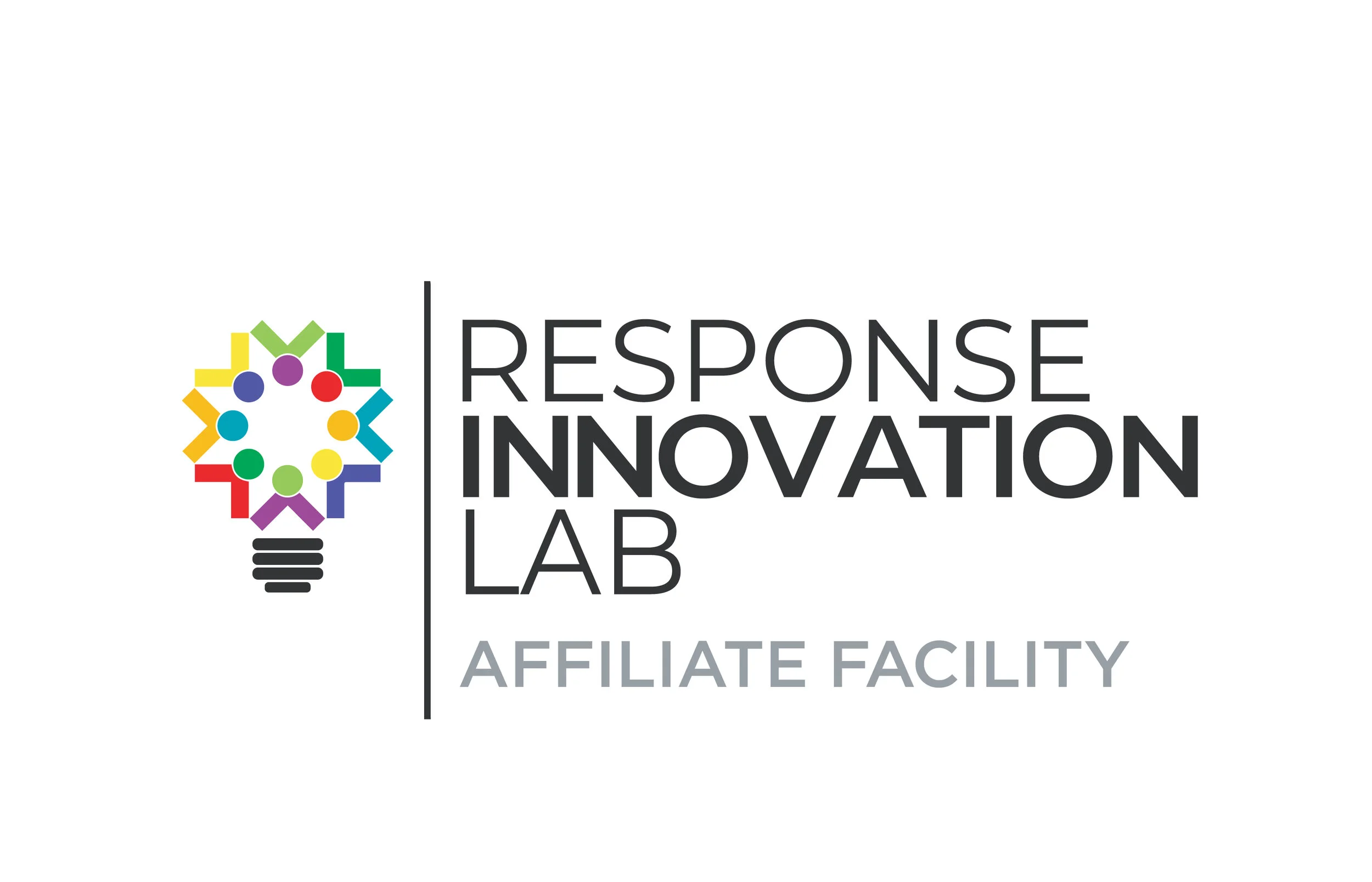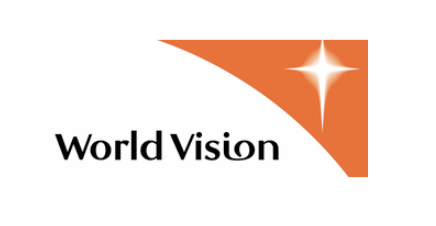Puerto Rico
affiliated, Response Innovation Lab
Photo by Roosevelt Skerrit/Wikimedia Commons via Harvard Gazzet
Overview
In 2017, Puerto Rico experienced an unprecedented hurricane season with two category five hurricanes. Today, the island is still recovering from the aftermath of these devastating hurricanes. RIL aims to support the prevention, response, and recovery of such devastating disasters with innovative ideas, solutions, and partners. The Lab convenes actors around humanitarian problems faced on the island through analysis and promotion of innovations and innovators.
The crises that Puerto Rico has faced and will likely continue to face in the future also present an opportunity to become leaders in applying new technologies for the the prevention and mitigation of risks that can be scaled throughout the US, the Caribbean and around the world.
Serving the most vulnerable.
Challenges
Developing the preparedness and resilience of the most vulnerable communities takes a dedicated effort to identify the specific challenges faced in the delivery of basic services (healthcare, water and sanitation, power, communications) to remote communities, marginalized groups and other hard-to-reach Puerto Ricans. Community-based organizations, local governments and other entities facing these challenges will need opportunities to uptake local or global solutions that will help to remove barriers to providing services in an emergency.
What we have found to date in Puerto Rico through multiple convening events is.
Challenge 1
Lack of and broken lifeline systems
Vulnerable populations rely on electricity for medical aids, treatments, climate control, and other vital health and safety supports. Reliable affordable energy that supports telecommunications, water, and supply chains is important to the economy and to sustain a normal pattern of living pre-, during, and post-emergency. They provide normalcy that is crucial to Puerto Ricans as risks and hazards - such as hurricanes - are cyclical on the Caribbean island, and new dangers - such as COVID-19 and the recent seismic events - threaten life and property. Recovery and resilience of lifeline systems will ultimately ensure the well-being and health of the population. The creation of an energy grid ensures reliability in infrastructure such as water treatment plants and hospitals that are less vulnerable to outages during future natural disasters.
Challenge 2
Lack of modernized communication methods to support emergency response and responders
To assist the households and emergency responders in their decision making, relevant user-focused data can support recovery and help meet health, social and economic needs that reduce vulnerabilities. By improving the capacity to provide services day-to-day and during disasters, strengthens the local governments, NGOs, and communities and facilitates island-wide recovery.
Challenge 3
Unreliable and inequitable health and social care
Social services and health care infrastructure are not reliable and do not provide equitable access to vulnerable populations, particularly women, the elderly, and children. In building better support mechanisms for underserved and marginalized populations, households and communities are more resilient to disasters.
Challenge 4
Need for improved data collection, management, and dissemination to ensure transparency, reliability, and access to information
Government and key industry processes, particularly manufacturing, need to become more user-focused and efficient at addressing local needs and delivering basic services. For public safety, the First Responders must have access to modern integrated emergency services that rely on solid and reliable data to reach all citizens, especially vulnerable populations. Improving the quality of information and data collected, as well as its integration into systems, will allow for timely and informed decision-making about immediate and longer-term resource allocation.
Challenge 5
Inadequate education infrastructure
Prior to COVID-19, 300 schools were closed due to seismic activity and Hurricane Maria. Now, during COVID-19, the problem has been exacerbated by the challenges of distance learning and homeschooling as alternatives. Hurricane Maria took out 95% of cellular sites and 91% of the private telecom infrastructure. Additionally, 80% of the above-ground fiber cables for internet connectivity and roughly 85-90% of fiber reaching the most remote communities were destroyed. Thus, access to distance learning is unstable and unavailable to thousands of families in rural areas.
Challenge 6
Contact tracing and testing for COVID-19
Currently, there is insufficient contact tracing and testing on the island. Close proximity of housing, high numbers of family members per household, and the general environment in Puerto Rico mean person-to-person contact is high. Thus, Personal Protective Equipment (PPE) is needed, but difficult to source. This provides an opportunity for local products, and thus job creation, that can also mitigate some economic impact on the island, as unemployment numbers are over 30% (as of May 2020).
Challenge 7
Lack of disaster resiliency strategy for micro and small businesses
Nearly 80% of the island’s formal employment is in the micro and small business sector, thus when disasters hit the effects are felt quickly at a household level. Tools to strengthen economic resilience through disaster preparedness would mitigate economic threats to households and the community.
Challenge 8
Employment is highly vulnerable, which exacerbates inequalities
Youth and young adults lack opportunities to the traditional economy. Communicating and supporting pathways to establish businesses, social enterprises, and professional careers, would benefit employment and economic resilience. By reducing unemployment, household economics would strengthen and lessen poverty.
The challenges are determined from a mapping of all local stakeholders involved in the response. See “What We Do” for more details.
What We Do
Puerto Rico is home to a vibrant and growing community of innovators, many of whom are looking to help with the recovery from, preparedness toward, and resilience to natural disasters. The Lab is a one-stop-shop for Innovators and Entrepreneurs with products and services for humanitarian situations.
The affiliate facility may not run all the core RIL functions and focus on those core to their programming.
COVID-19
The Puerto Rico Affiliate Facility conducted activities during COVID-19 in cooperations with its local partner. Click to learn more.
With solutions, that affect change
Evidence
The Response Innovation Lab uses a system called System for Lab Information Management and Evidence (SLIME) to conduct humanitarian innovation data and analytics from across the labs. You can see this live data highlighting the response ecosystem and innovations on the following dashboard:
Thank you to our partners:
Contact
Social Media
LAB DIRECTOR
Max Vieille
max@responseinnovationlab.com
-
RT @SomRePOfficial: Who is my neighbour? Meet Ali from #Somalia who has been impacted by drought. We hope that we can come together thr… https://t.co/XnptbllQD6
-
RT @SomRePOfficial: مَنْ هو جاري؟ تعرف على عبدي الذي يؤمن بمساعدة الناس بعضهم لبعض. نأمل أن نتمكن من التعاون معًا، وانطلاقًا من اهتمام… https://t.co/l04gtX67We
-
Are you interested in an exciting opportunity to lead our humanitarian innovation work in Somalia? Then check out t… https://t.co/RlpLryfrr8









